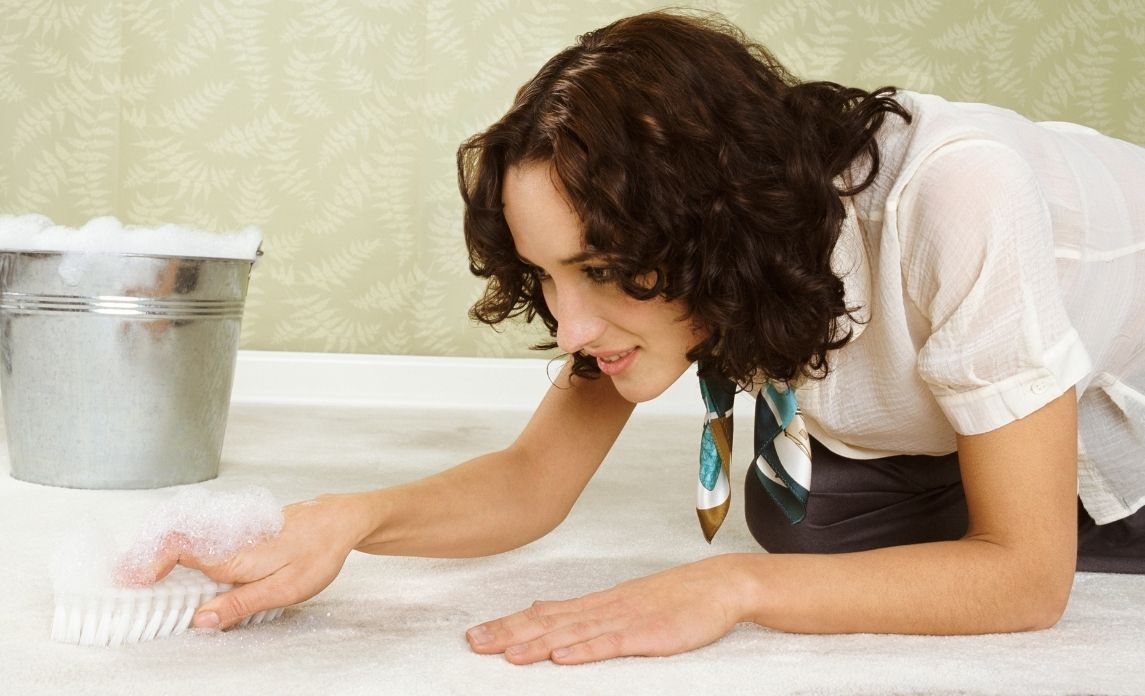Long before COVID-19, science has already proven that cleanliness and proper hygiene are two of the best ways to avoid disease. This is particularly true for highly communicable illnesses, such as the flu and measles.
These habits were kicked up to high gear in 2020, during the height of the pandemic. Some places, in fact, experienced shortages of supplies like hand sanitisers, rubbing alcohol, and disinfecting wipes.
Meanwhile, commercial cleaning companies began receiving more requests for intensive cleaning. Many have also developed specialised services to address unique needs, such as industry-level disinfection in places where there have been confirmed COVID cases.
The question is, is this heightened awareness with regards to cleanliness actually harming us? Is there such a thing as “too clean” and is it making everyone more prone to disease?
What Is the Hygiene Hypothesis?
There are some people who believe that being “too clean” can weaken the immune system. This stems from what is so-called the “hygiene hypothesis.” It posits that children who are exposed to bacteria, viruses, and similar organisms or substances will develop stronger immune systems because their bodies will get used to such pathogens much earlier.
However, while there is plenty of anecdotal evidence, the hygiene hypothesis still isn’t scientifically proven. It makes sense, theoretically, but it also shouldn’t be considered as a foregone conclusion. What’s incontrovertibly factual is that many kinds of germs can cause diseases and cleanliness can help prevent these diseases.
The Body’s Microbiome
Despite not being scientifically accurate, the hygiene hypothesis has some basis in truth in that human bodies are not necessarily germ-free. We have a natural microbiome on our skin as well as in our intestines and stomach. These microbiomes are composed of a variety of microbes that aid in digestion and other bodily functions.
Thus, humans do indeed need some amount of microbes to stay healthy and completely eliminating microbes through obsessive cleaning can be harmful. Nevertheless, this doesn’t mean that you should voluntarily expose yourself to pathogens that you already know are harmful.
It’s also unwise to not wash your hands and clean your environment when it’s already been proven that they’re effective methods for stopping the spread of disease.
Wash Your Hands Properly and Reasonably
As previously mentioned, there is undeniable proof that proper hygiene and cleanliness is essential to good health. Proper hand-washing can get rid of a wide variety of germs, including SARS-CoV-2, the virus that causes COVID. If soap and water aren’t accessible, a 60% alcohol-based sanitiser will suffice.
However, if you wash or sanitise your hands too much, you can end up with dry and cracked skin. This can be irritating at best, and potentially dangerous at worst due to open lesions that can be pathways for germs to enter your body.
To prevent this from happening, don’t wash your hands every single time. There are certain crucial instances when you must absolutely do, including:
- before and after handling and preparing food
- during food preparation, especially when switching to different ingredients
- before and after eating
- before and after caring for someone who is sick
Considering COVID, you may also want to wash your hands after receiving or handling packages from strangers (e.g., from delivery personnel).
When you wash your hands, make sure to scrub vigorously. Pay special attention to individual fingers and under your fingernails. Done right, 20 to 30 seconds of handwashing is enough to get rid of most pathogens.
To prevent your skin from drying, use a gentle soap and then apply a bit of lotion afterwards.
Follow Usage Instructions in Cleaning Products
When it comes to cleaning, the most important thing is to follow the usage instructions indicated on the labels of your preferred cleaning products. Indeed, it will hardly matter how often you clean if you aren’t using detergents and disinfectants the right way.
Pay attention to two important details in the usage instructions: the amount of product to be used and the time you have to let it sit (this latter one is usually applicable for disinfectants). Following these will ensure the best results. It will also prevent wastage, as well as the emission of harmful fumes due to excessive products.
Another thing you have to take note of is where to use the product. Some products are labelled “all-purpose” but make sure to read thoroughly because there may still be exceptions.
Last but certainly not least, you need to clean high-touch surfaces more often than other areas or objects. This applies both to domestic and commercial cleaning. High-touch surfaces include doorknobs, stair rails or handles, light switches, and countertops. COVID is primarily airborne, but there are plenty of other bacteria and viruses that can be transmitted through surfaces.
Ultimately, cleaning is just like any other thing: if you do too much of it, it can be bad for you. The key is to find the balance. Diseases like COVID can put you on high alert, but it doesn’t mean that your life has to be centred on cleaning. Equip yourself with information and do things right for your comfort and peace of mind.


